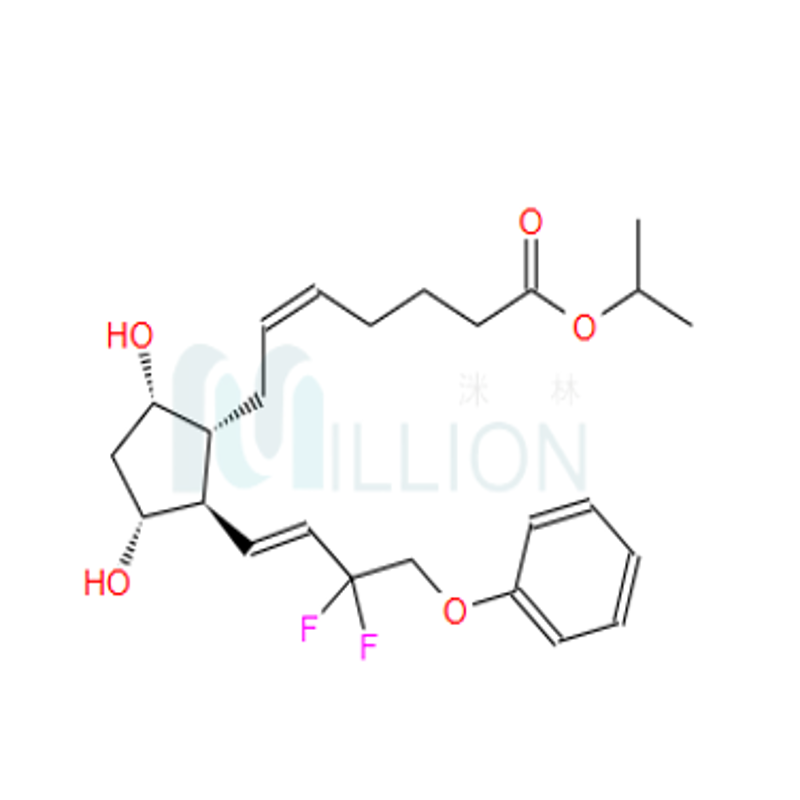-
Categories
-
Pharmaceutical Intermediates
-
Active Pharmaceutical Ingredients
-
Food Additives
- Industrial Coatings
- Agrochemicals
- Dyes and Pigments
- Surfactant
- Flavors and Fragrances
- Chemical Reagents
- Catalyst and Auxiliary
- Natural Products
- Inorganic Chemistry
-
Organic Chemistry
-
Biochemical Engineering
- Analytical Chemistry
-
Cosmetic Ingredient
- Water Treatment Chemical
-
Pharmaceutical Intermediates
Promotion
ECHEMI Mall
Wholesale
Weekly Price
Exhibition
News
-
Trade Service
Significant advances in the treatment and care of diabetes over the past few decades have reduced mortality among people with type 1 diabetes
.
However, premature mortality in people with type 1 diabetes is still 2-4 times
higher than in the general population.
Both cardiovascular risk and weight management are new challenges
in the treatment of type 1 diabetes.
Recently, a research article was published in Cardiovasc Diabetol, an authoritative journal in the field of cardiometabolic diseases, in which researchers evaluated the relationship
between individual weight variability and the risk of cardiovascular events in patients with type 1 diabetes.
The researchers analyzed 1398 participants
from the DCCT/EDIC study.
Taking into account weight markers obtained during DCCT follow-up (average 6±2 years), the researchers calculated the variability of 5 weight data per participant
.
The primary variable of the study, the ASV index, was defined as the mean absolute difference
between successive weight measures.
The primary outcome of the study was the composite outcome
of major adverse cardiovascular events (MACE: nonfatal myocardial infarction or stroke, or cardiovascular death) that occurred during subsequent EDIC follow-up (20±3 years).
Death from all causes was a secondary outcome
of the study.
The researchers assessed the risk of the results using Cox proportional hazards regression analysis and adjusted
for traditional cardiovascular risk factors, including BMI.
The cumulative incidence of MACE and all-cause mortality during follow-up was 5.
6% (n=79) and 6.
8% (n=95),
respectively.
For each additional standard deviation (SD) of ASV, the adjusted hazard ratio (HR) for MACE was 1.
34 (95% CI 1.
06-1.
66), p=0.
01
.
For all-cause mortality, the adjusted HR for ASV plus 1 SD was 1.
25 (1.
03-1.
50), p=0.
03
.
Similar results
were observed when considering other indicators of intra-individual variation in body weight.
Thus, in patients with type 1 diabetes, greater weight variability is associated with an increased risk of MACE and all-cause mortality, independent of BMI and traditional cardiovascular risk factors
.
Original source:
Iulia Petria,et al.
Body-weight variability and risk of cardiovascular outcomes in patients with type 1 diabetes: a retrospective observational analysis of data from the DCCT/EDIC population.
Cardiovasc Diabetol.
2022.
https://cardiab.
biomedcentral.
com/articles/10.
1186/s12933-022-01689-0







